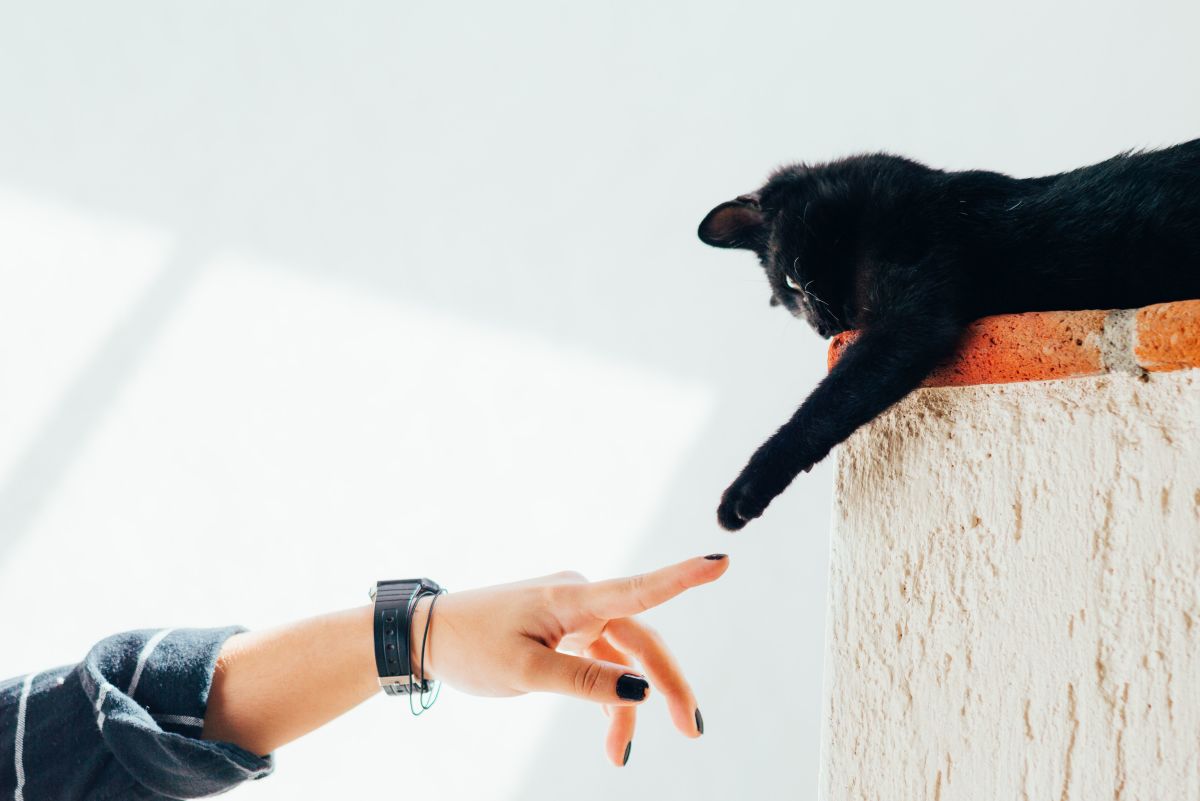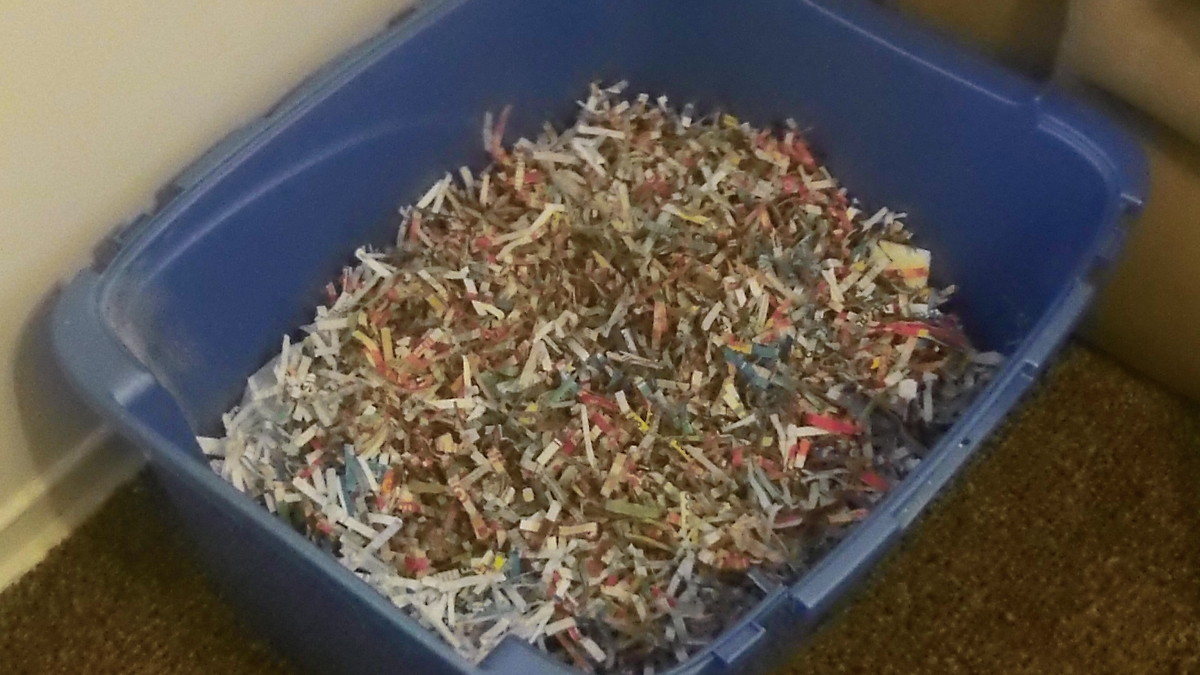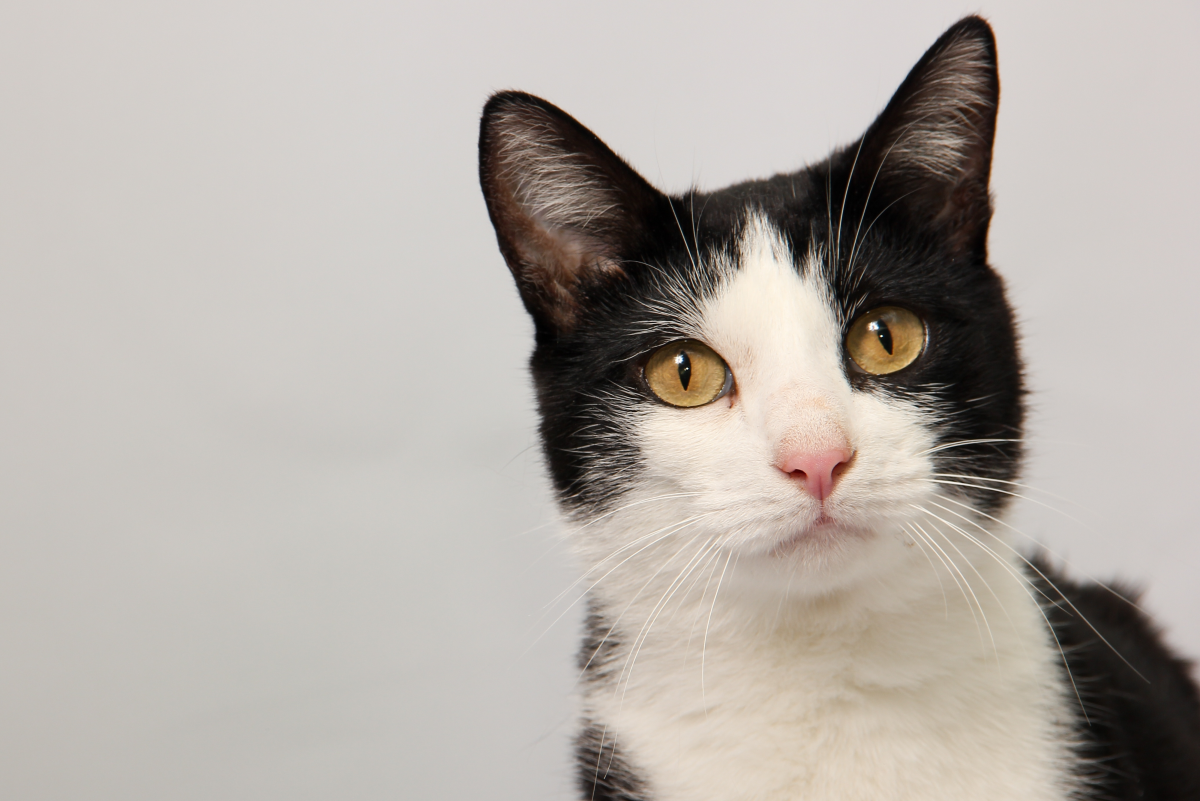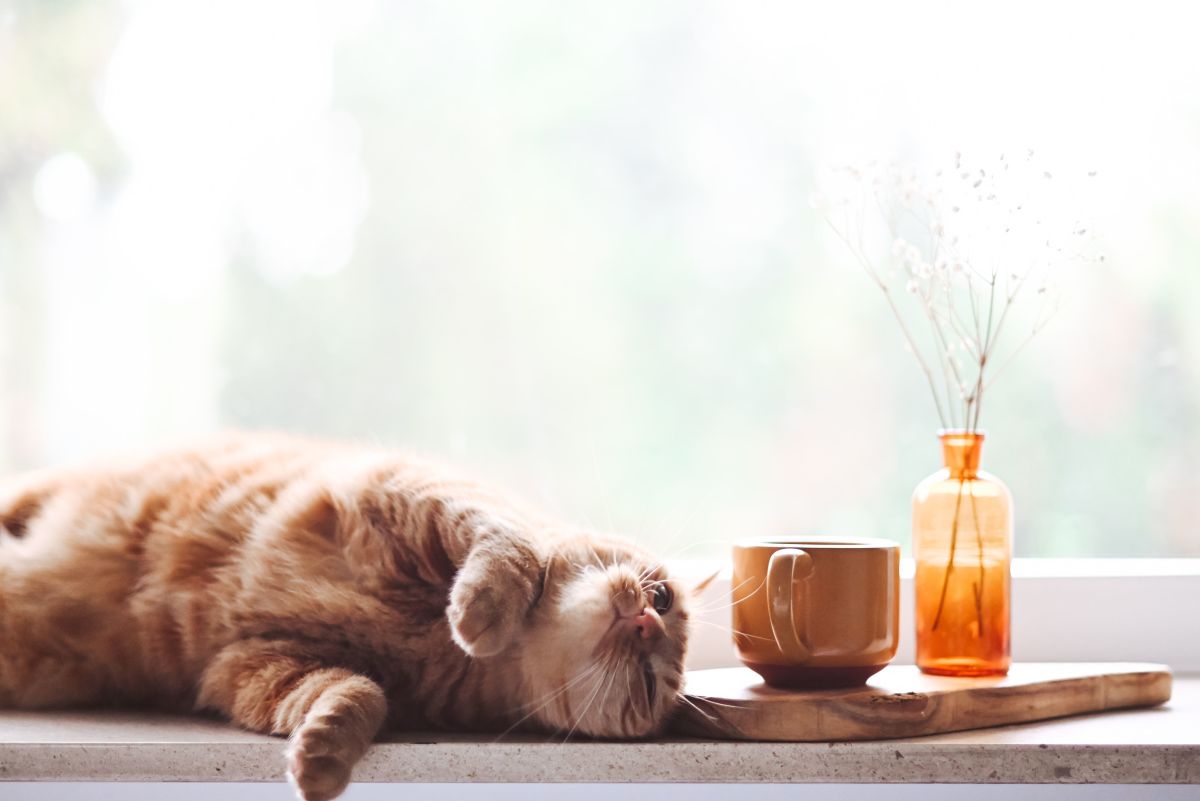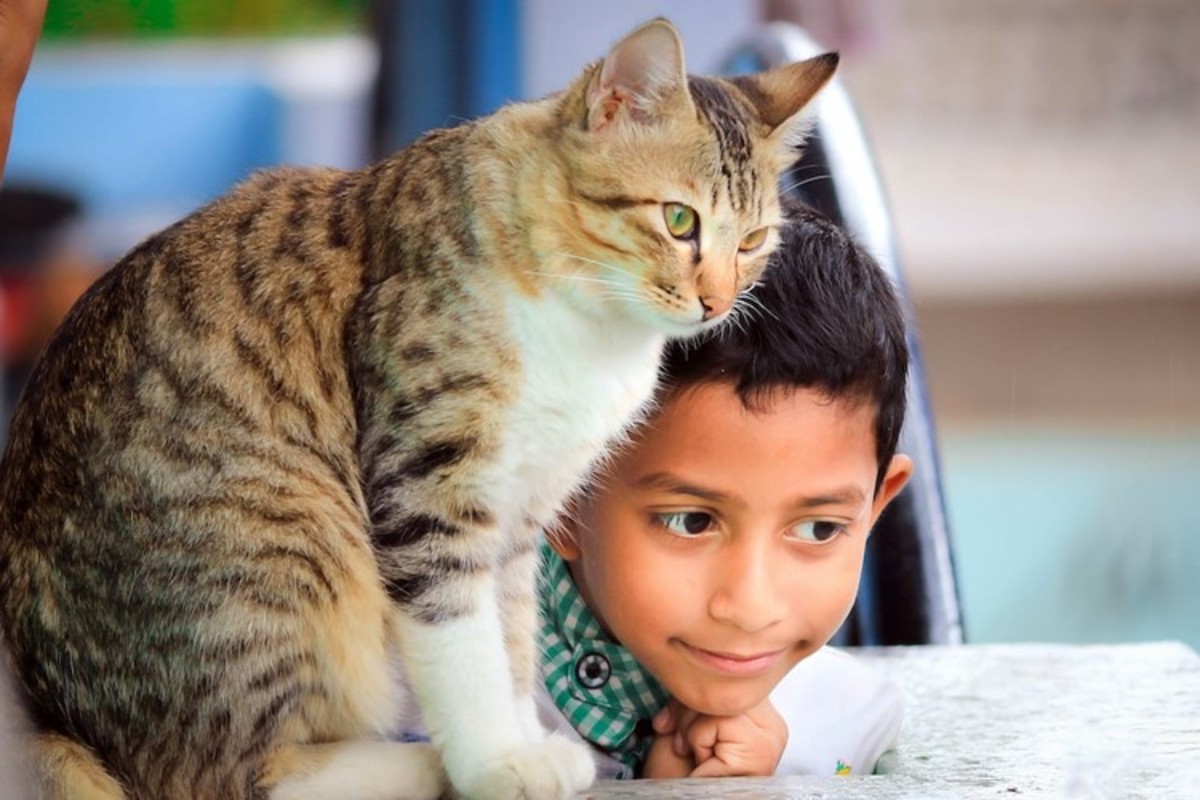Cat Litter Box Problems
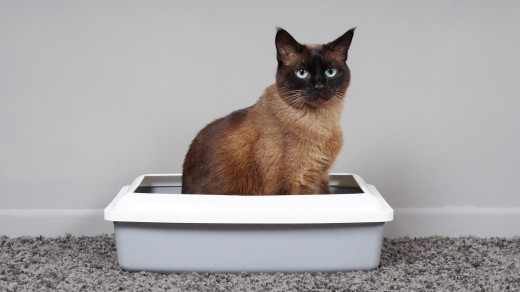
Cat litter box problems often stems from boredom. Cats, in general are fun loving and playful. They should be provided with suitable toys with which to distract and amuse themselves.
In most cases housebreaking a cat or kitten is not a difficult task. They are born with a natural instinct to bury their wastes. However, it may be necessary to point your cat in the right direction. If they were lucky enough to be living with their mother, she will have taught them to use a litter box. In this situation your job would be that much easier. In any event, as soon as your new furry friend arrives, they should be trained to use the pan immediately.
Good litter pans can be purchased commercially, or you can use a plastic or enamel-coated tray with disposable plastic liners. Various kinds of litters are sold at pet stores. In general they are much more absorbent than sand, dirt or shredded newspapers. They also contain deodorizers, which some cats find objectionable enough to cause them to avoid the litter pan. If this happens, you can add a drop of liquid detergent, sold especially for this purpose, to a tray containing plain litter and see if this corrects the problem. Be sure not to use any household disinfectants, because they can be poisonous to the cat, or irritating to his skin, coat or paws.
If your cat or kitten was trained by his mother, be sure to select the box or litter that he was accustomed to using. When you find the kind of litter he likes, do not change brands. This could upset his routine and cause a break in his training. Cats are creatures of habit and are usually resistant to change.
To train a kitten to use the litter box, set him in it whenever he wakes up from a nap, after each meal and anytime he shows that he wants to eliminate. If he makes a mistake, correct his behavior with a loud "NO!!" or a squirt of water, but only if you catch him in the act. Never rub his nose in his mistakes, as this is counterproductive.
If you have a problem case, where the kitten was adopted at an early age or perhaps his mother was not well trained or was feral, fill the litter box with what the kitten was accustomed to using like dirt or gravel, and then gradually switch over to a commercial litter. At first leave some stool and urine in the box. This will attract the kitten and encourage him to use it. Take his paws and scratch up the litter.
Once the kitten is comfortable and becomes accustomed to the litter box, it is important to keep it clean. Cats do not like dirty pans, and may choose alternative spots in which to eliminate. Scoop out solid material once or twice a day and flush it down the toilet. Stir the litter to keep the surface dry and change it every three or four days, or more if necessary. Wash the pan thoroughly and let it dry out completely before adding new litter. Place the pan away from heavy traffic so the cat may have some privacy. If it becomes necessary to relocate the litter box, make the change in successive steps.
If a WELL TRAINED cat begins to suddenly urinate in the house, suspect health problems, such as Cat Urinary Problems.
Cats are very smart animals, and are usually very easy to motivate when it comes to using a litter box. Generally, Cat Litter Box Problems can be avoided, if you are very careful and take slow an deliberate steps to train your kitty if necessary..
References: The Cat Owner's Home Veterinary Handbook by Delbert G. Carlson, D.V.M and James M. Giffin, M.D. - First Edition
- Cat Problems Within My Home
Cat Problems, Cat Problems, Cat Problems I have six of them at home. Alexander, Gracie, Patches, BeaBea, Gordon and Bumpers. They were all rescues. They all have their special qualities, but can be a handful...


